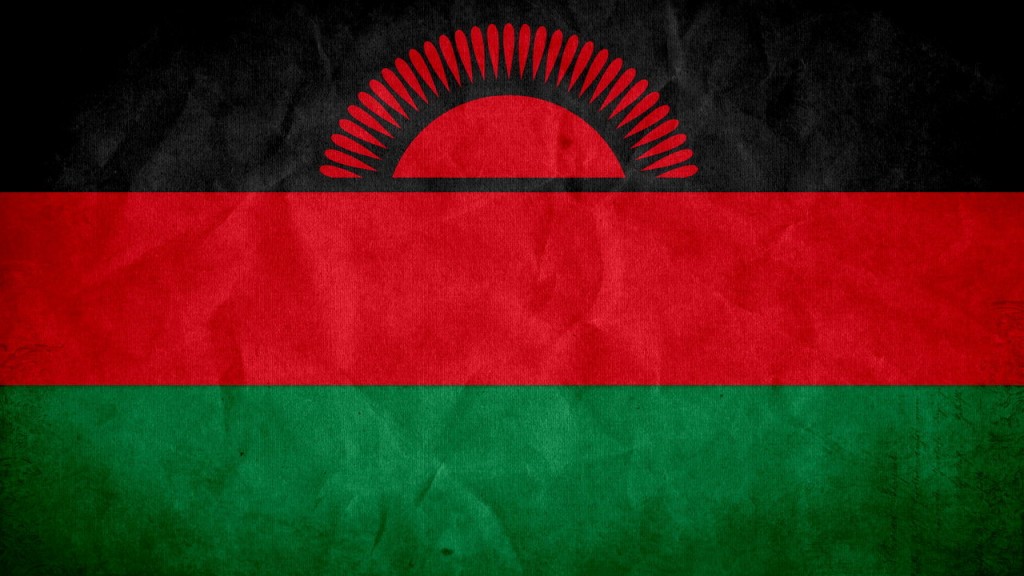By James Mwale
Lilongwe — Malawi’s Vice President Saulos Chilima has said evangelization is currently the best way to combat the social evils that have gone viral across the African continent.
The Veep said this at Maula Parish in Lilongwe during the official closing mass of the 10-day Association of Member Episcopal Conferences in Eastern Africa (AMECEA) which was hosted by the Episcopal Conference of Malawi (ECM) under the theme New Evangelisation through True Conversion and Witnessing to Christian Faith.
Chilima said: “Secularism, fundamentalism and individualism are already imaging among us and compromising our faith and there is no better way forward than to condemn and combat these social evils that are affecting Africa.”
He further pledged government’s continued support to the faith community in their quest of promoting lives of people through assorted development initiatives as inspired by faith, and urged political leaders in the AMECEA region to follow suit.
“I call upon the bishops here present and all government leaders in the AMECEA regionto continue promoting respect of freedom of worship,” said the vice president who also expressed compassion for the people going through unrest in Sudan, South Sudan and Somalia, which are also within the AMECEA region.
During the AMECEA assembly, bishops and archbishops discussed and came with resolutions on assorted strategies of how best to effect evangelisation in the wake of the fast of evolving times the world is
strategies included respect for family as nucleus for social and religious communities, and use of Information and Communication Technology and social media in approaching evangelization.
Chilima has since urged Malawians to be the first in adopting the new resolutions.
During the 10 days of meeting, the bishops and archbishops also elected Most Rev. Brhaneyesus Souraphiel, Archbishop of Addis Ababa, Ethiopia as the new AMECEA chairperson succeeding Archbishop of Lilongwe Archdiocese Tarcizio Ziyaye.
